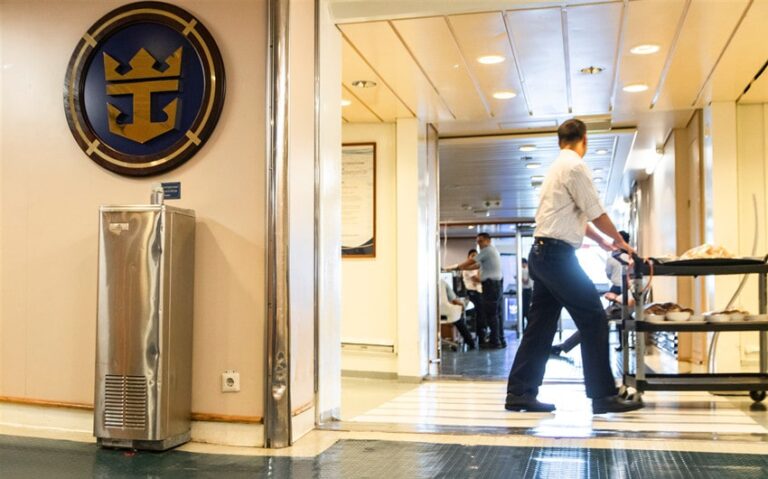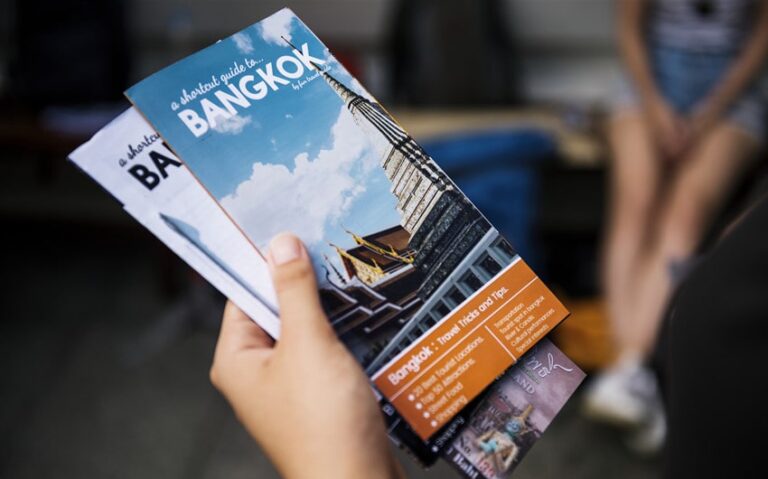What Is an Independent Travel Agent? Role, Benefits, and How to Become One
If you’ve ever wondered who plans dream vacations behind the scenes—or thought about turning your love for travel into a business—you might be curious about the role of an independent travel agent. But what is an independent travel agent, really? In simple terms, it’s someone who works for themselves (not a travel agency), helping clients book trips, create itineraries, and access exclusive deals—all while working remotely or on their own schedule. Here’s everything you need to know about what they do, how they operate, and how you can become one.
1. What Exactly Is an Independent Travel Agent?
An independent travel agent is a self-employed professional who sells travel services directly to clients. Unlike traditional travel agents who work for brick-and-mortar agencies, independents operate on their own—often from home or while traveling themselves. They partner with host agencies or suppliers to access booking tools, commission structures, and support.
You’re not employed by an airline, hotel chain, or agency. Instead, you’re building your own client base and brand while using industry connections to offer competitive pricing, insider knowledge, and personalized service.
2. What Do Independent Travel Agents Actually Do?
Independent travel agents wear many hats. Your day-to-day tasks may vary depending on your niche (luxury, cruises, adventure, honeymoons, etc.), but common responsibilities include:
- Consulting with clients: You help people decide where, when, and how to travel based on their preferences and budget.
- Researching destinations: You stay up to date on entry requirements, weather, safety, and local tips.
- Booking flights, hotels, and tours: Using travel platforms or a host agency’s systems, you coordinate the full trip.
- Handling customer service: If flights are delayed or plans change, you step in to help clients adjust quickly.
- Specializing in niches: Many agents focus on areas like Disney vacations, cruises, wellness retreats, or destination weddings.
Ultimately, you’re a planner, consultant, and problem-solver—all rolled into one.
3. How Do Independent Travel Agents Make Money?
Most independent travel agents earn income through commissions paid by travel suppliers—like hotels, cruise lines, and tour operators. When you book a trip for a client, the vendor pays you a percentage of the sale (often 10–20%).
You can also earn by:
- Charging service fees: Some agents charge clients for itinerary planning or consulting (especially for custom or complex trips).
- Group bookings: Organizing trips for groups often earns higher commissions and perks.
- Incentives and bonuses: Suppliers may offer bonuses for reaching sales goals or promoting specific products.
The more you sell and the better your relationships with vendors, the more your income grows.
4. What’s the Difference Between Independent Agents and Traditional Travel Agents?
While both book travel and help clients, there are some key differences in how you work:
| Traditional Travel Agent | Independent Travel Agent |
|---|---|
| Works for a travel agency or employer | Self-employed or freelance |
| Usually works in a physical office | Works from home or remotely |
| Limited to agency’s tools and suppliers | Chooses their own partners and platforms |
| Receives a salary or fixed hourly rate | Earns commissions or charges planning fees |
Being independent gives you more freedom, but it also means you need to manage your own marketing, systems, and client base.
5. Do You Need Certification or Training?
You don’t need a formal degree to become an independent travel agent, but training and credentials definitely help you stand out and succeed.
Some options include:
- Travel Agent Certification Programs: Look into options like The Travel Institute’s CTA (Certified Travel Associate) or CLIA (Cruise Lines International Association) certification.
- Host agency training: Many host agencies offer training modules, mentorship, and ongoing education for new agents.
- Destination-specific courses: Many tourism boards offer free online certification for agents who specialize in their region (e.g., “Hawaii Specialist”).
Good training gives you confidence and helps you serve clients better from day one.
6. What Is a Host Agency—and Do You Need One?
Most new independent agents partner with a host agency that provides access to booking tools, back-end systems, commission rates, and vendor relationships. It’s like joining a team without being an employee.
Benefits of working with a host agency include:
- Higher commission levels: Because the host books in volume, you often earn more than booking directly.
- Access to training and support: Hosts help you learn the ropes and avoid common pitfalls.
- Legal coverage: Many hosts carry required licensing, bonding, or E&O insurance on your behalf.
Top host agencies include Travel Planners International, Avoya Travel, Outside Agents, and KHM Travel Group.
7. Pros and Cons of Being an Independent Travel Agent
Like any career, there are trade-offs to working for yourself in the travel world. Here’s what to consider:
Pros:
- Freedom to work remotely and set your own schedule
- Earn money while doing something you love
- Access to travel perks like discounted trips and fam (familiarization) tours
- Endless potential to grow your niche or brand
Cons:
- No guaranteed salary—you earn based on performance
- You’ll need to handle your own marketing and client acquisition
- It can take time to build trust, referrals, and recurring income
- Commissions may be delayed (you often get paid after the client travels)
8. How to Become an Independent Travel Agent Step-by-Step
If you’re ready to turn your passion for travel into a real business, here’s how to get started:
- Decide if it’s a good fit for you: Do you love planning, researching, and working with people? You’ll need patience, organization, and a passion for travel.
- Choose a host agency or go solo: Most beginners start with a host for support and access to tools.
- Get trained: Complete beginner travel agent courses, supplier training, or niche certifications.
- Set up your business: Register your business name, get a website, and decide how you’ll promote yourself (social media, networking, referrals).
- Start booking and building your client list: Offer value, ask for reviews, and follow up with repeat clients.
It’s a low-barrier entry career, but you’ll still need to treat it like a real business to see long-term results.
Independent Travel Agents Make Travel Dreams—and Careers—Come True
If you love helping others plan unforgettable trips and want the freedom to work from anywhere, becoming an independent travel agent could be your perfect path. It takes time, hustle, and learning, but the reward is a flexible, fulfilling career that lets you live and breathe travel—while helping others do the same.







